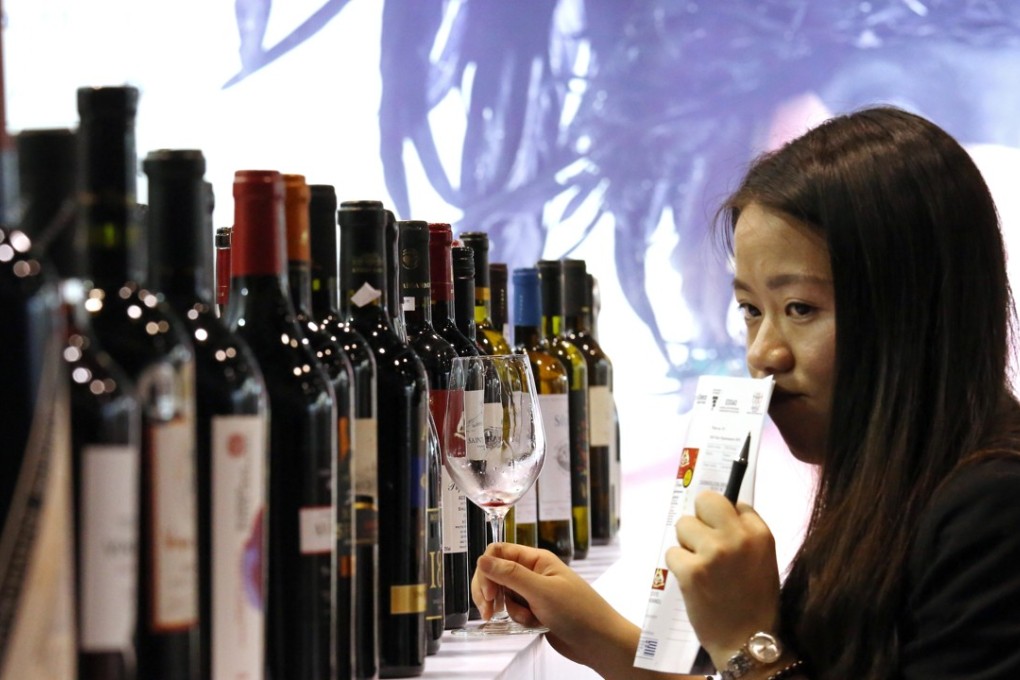Hong Kong takes on ‘booze cruise’ role for growing number of mainland wine lovers
‘We see increasing numbers of mainland Chinese residents buying wine in Hong Kong to take advantage of the lower prices,’ says Guillaume Deglise, chief executive of Vinexpo

There is a longstanding British tradition that visitors to France pop into a supermarket at the end of their holiday there to stock up on wine and spirits to take across the Channel, to take advantage of lower taxation and hence prices.
Ferries between Calais in France and Dover in England have become affectionately known as “booze cruises”, often packed with alcohol-laden cars and vans. And it now appears growing numbers of mainland Chinese consumers are doing similar on trips to Hong Kong, although maybe not in English Channel volumes, as the higher duties imposed on wine and spirits there are creating a similar phenomenon.
“We see increasing numbers of mainland Chinese residents buying wine in Hong Kong to take advantage of the lower prices,” said Guillaume Deglise, chief executive of Vinexpo, a wine trade exhibition company.

Hong Kong abolished duty on imported wine in 2008 whereas the mainland levies customs duty, value-added tax and consumption tax on wine.
Unsurprisingly, this results in a substantial price differential, one that mainland visitors to the city are taking advantage of.